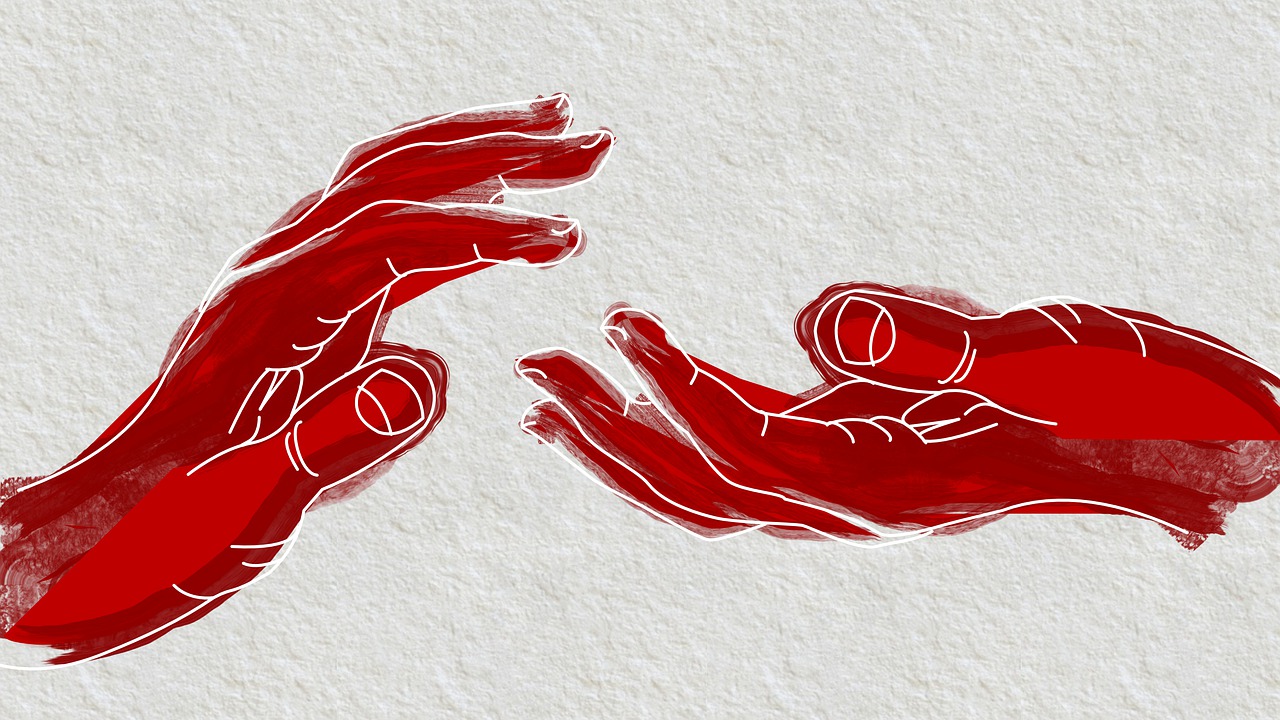Nandita Kochar
Step on someone’s toe or accidentally hit them with your arm, and there it comes out easily whooshing out of our mouths, “I am sorry!” But when it comes to emotionally turbulent times, why is it so hard to say the same words? Why don’t we hear more sincere apologies in our personal and public lives – with intimate relationships on one end and nations on the other?
Politicians and religious leaders are famous for either not apologizing at all or offering non-apology apologies like “If I hurt somebody, I am truly sorry.” The “If” indicates that the person doesn’t know if he/she has hurt someone but still wants to cover all possibilities and express an all purpose apology. This vague sort of apology recognises no mistake, no victim who suffered as a result of the mistake, no regret and no need to improve. Happyho also provides best Meditation and Tarot classes in Noida and Delhi NCR India area
Another non-apology is “If I hurt you, I am sorry.” In this particular case, the speaker does address the apology to a particular person but he/she does not know whether he/she has done something to cause hurt and therefore cannot offer improvement for the same behaviour in the future.
Then there is “I’m sorry you feel that way” which basically makes the victim feel like he/she is responsible for his/her condition because they interpreted a person’s act in a hurtful manner and not because this person committed a hurtful act.
And how can we forget the non-apology that comes with the “but” followed by a train of excuses – “I am sorry but your attitude made me say those things.”
Sorry, but the above mentioned non-apologies are not going to help anyone’s cause, not even of those who utter them.
A genuine sincere apology recognises the act that caused harm and takes full responsibility for it. It shows regret for the action and its consequences. This apology offers compensation or redress, correction. And it also makes the promise of not repeating this hurtful act in the future.
Such an apology grows only in the soil of humility. It requires one to cut down temporarily on his/her self-esteem. It needs someone to admit that they were wrong and that they are willing to hand over some control or power to the other. This apology speaks of vulnerability (in a good fashion). And therefore, such an apology can find its way only in humility and not in the lives of those people who confuse humility with humiliation.





